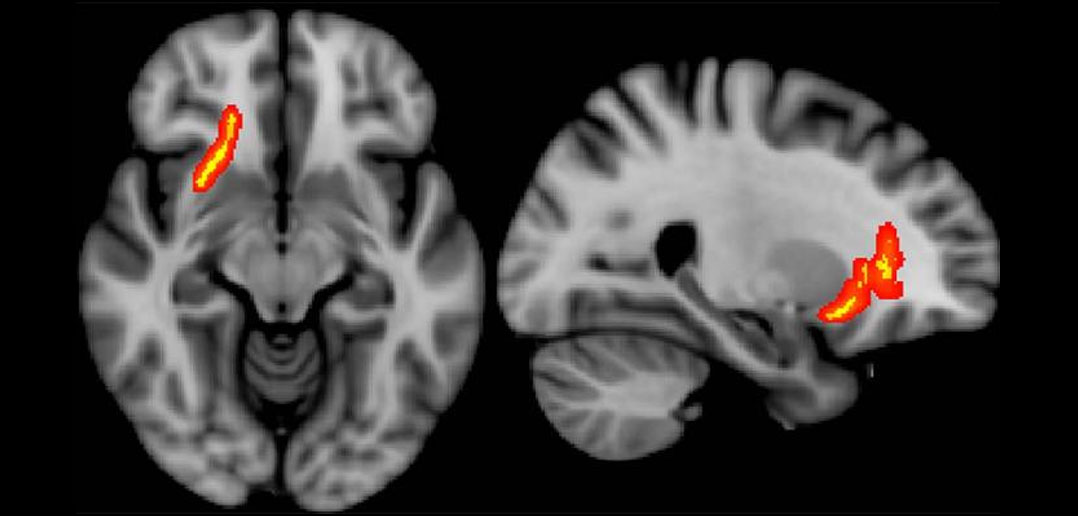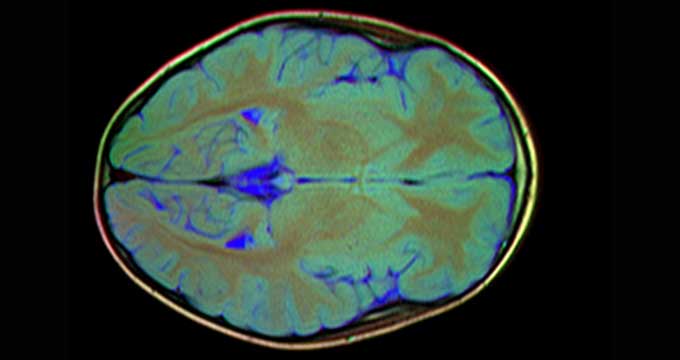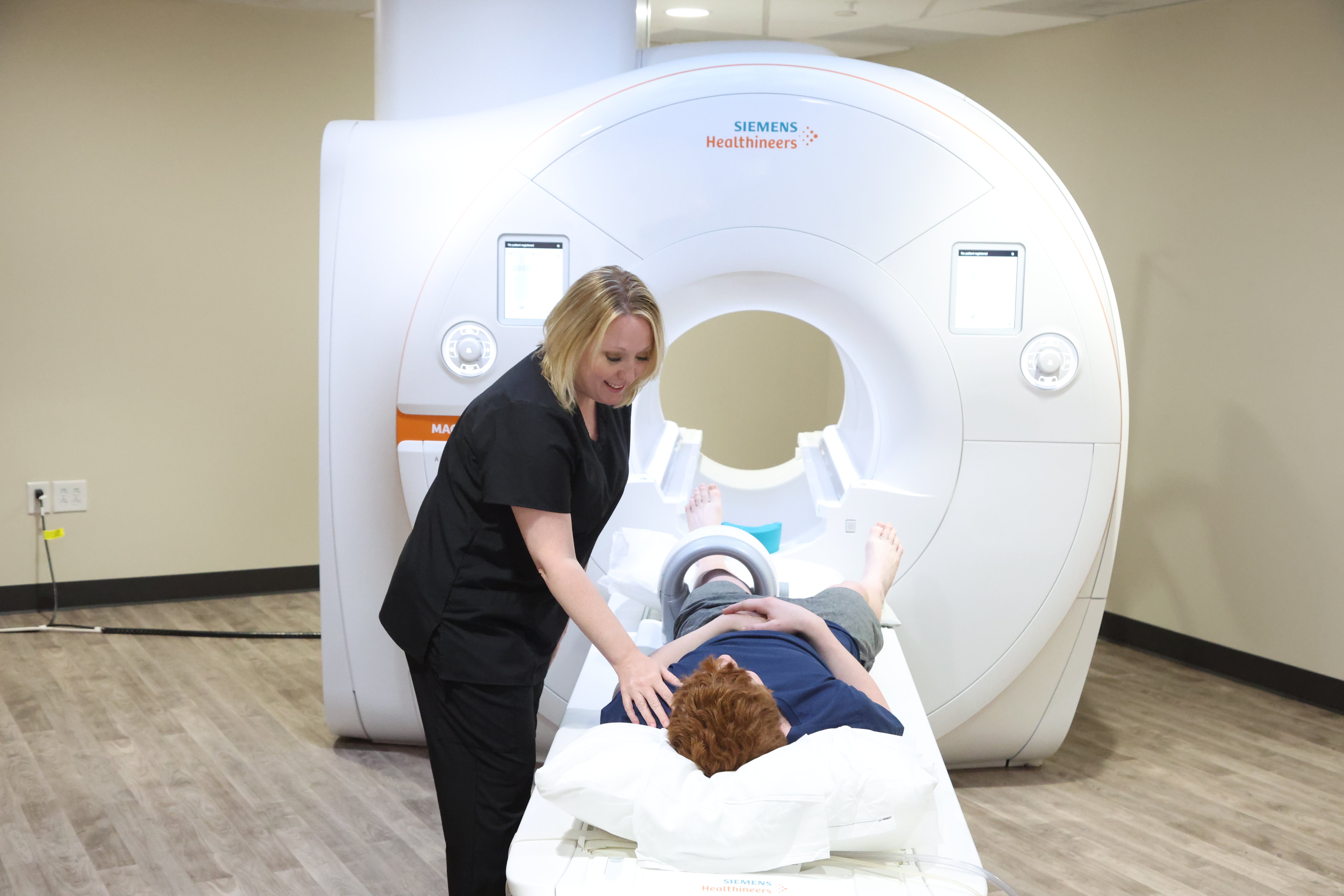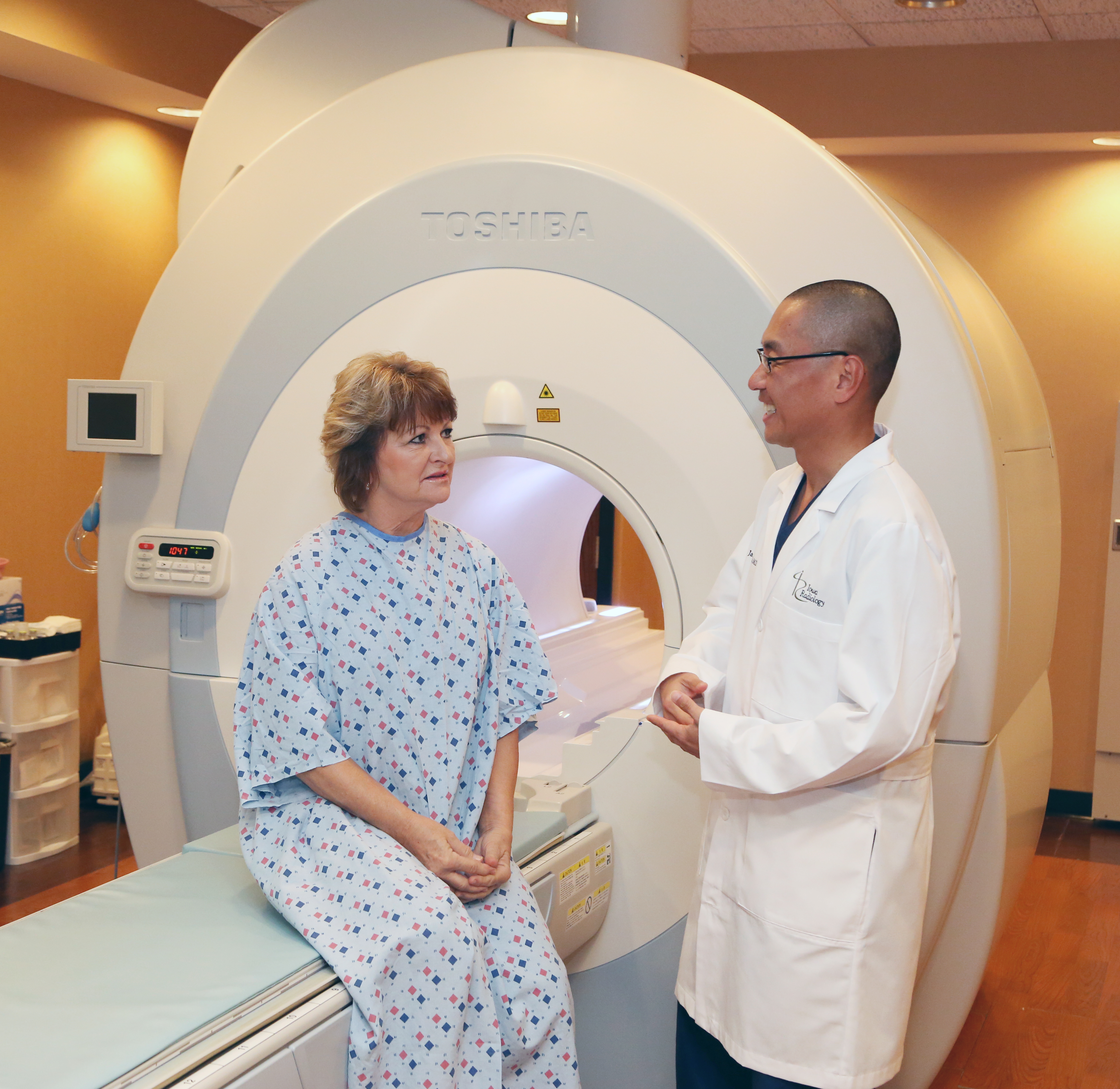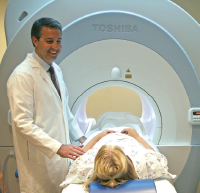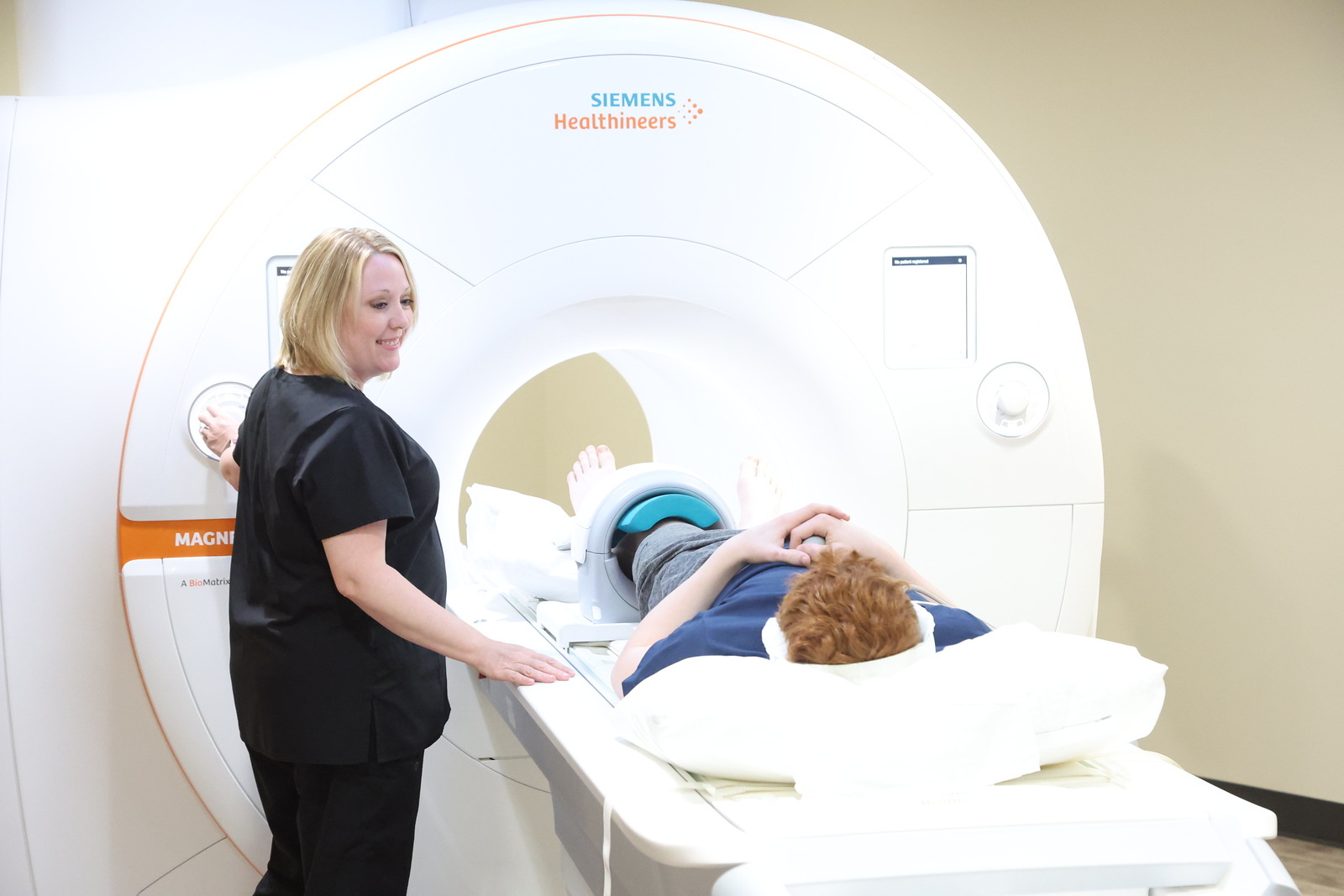The Role of Sedatives in Brain MRI Exams
Jun 22, 2023 12:45:00 PM Posted by Iowa Radiology
Brain MRI can be an invaluable tool for the diagnosis and monitoring of a variety of conditions. However, some patients find it extremely difficult to successfully complete the procedure. That’s because MRI can involve extended...
Brain MRI—Why, How, & What It Can Tell Your Doctor
Apr 27, 2023 11:00:00 AM Posted by Iowa Radiology
Should I Be Shielded During Radiologic Imaging?
Oct 11, 2022 9:12:00 AM Posted by Iowa Radiology
If you’ve had X-ray imaging done in the past, you may remember having a lead shield laid over part of your body to prevent radiation from reaching areas that are not being imaged. In the 1950s, radiologists began shielding...
6 Things to Know about MRI
Aug 12, 2019 10:54:00 AM Posted by Iowa Radiology
MRI is an important imaging tool for diagnosing and assessing a wide range of medical conditions. If an MRI may be in your future, here are six basic facts you should know.
Brain Awareness Week 2019—CT and MRI Imaging
Mar 11, 2019 11:16:00 AM Posted by Iowa Radiology
Each year since 1996, the Dana Alliance for Brain Initiatives promotes Brain Awareness Week. The initiative brings together people from academia, government, and professional and advocacy groups to celebrate the brain and promote...
How Should I Prepare for an MRI?
Nov 16, 2017 11:05:00 AM Posted by Iowa Radiology
For many patients, magnetic resonance imaging (MRI) is a safe way to discover important health information. Unlike X- rays or CT scans, MRI does not expose patients to ionizing radiation. However, it’s important to follow...
Is It Safe to Have an MRI While I'm Pregnant?
Sep 7, 2017 8:20:00 AM Posted by Iowa Radiology
It’s always important to understand the potential risks and benefits of any medical procedure your doctor recommends. When you’re pregnant, this is essential to protect both your health and the health of your developing fetus....
MRI vs. Ultrasound: What’s the Difference?
May 25, 2017 4:15:00 PM Posted by Iowa Radiology
Have you ever wondered why your doctor chooses to order one type of imaging over another? Magnetic resonance imaging (MRI) and ultrasound are two modalities that can sometimes be used for the same purposes. Understanding the...
What Risks Are Associated with MRI?
Feb 23, 2017 8:00:00 AM Posted by Iowa Radiology
When it was first used on a human subject in 1977, Magnetic Resonance Imaging (MRI) was an important advance in medical imaging, making it possible for the first time to create detailed images that can provide vital health...
What Should I Know About Sedation for MRI?
Aug 29, 2016 1:30:00 PM Posted by Iowa Radiology
